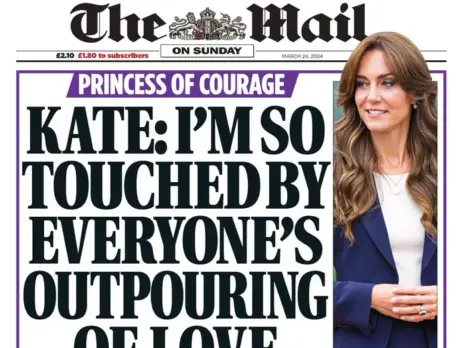
Tony Blair told the Leveson Inquiry this morning that press regulation was not an issue he was willing to take on” during his time as prime minister.
Blair said he had issues other issues on his agenda – such as the NHS, crime and education – that would have been ‘pushed out’had he tackled the issue of media relations.
He predicted a ‘major confrontation’with media organisations, insisting he was not ‘afraid’to take them on but that it would have resulted in a ‘long, protracted battle”.
Blair conceded that it was ‘extraordinarily difficult’for him to be objective about the issue of media relations, adding: ‘I’m just being open about that and open about the fact that, frankly, I decided as a political leader that I was going to manage that and not confront it.”
He claimed that the ‘unhealthy nature’of the relationship between press and politicians was ‘not the product of an individual but of a culture”, and that it was the ‘draining of the poison of that culture that is the real challenge, a challenge deepened by the arrival of the social media and one not at all confined to the UK”.
He later described The Sun and The Daily Mail as the most powerful newspapers in the UK, saying: ‘The Sun particularly because it is prepared to shift, it makes it all the more important.”
He added: “Once they are against you that’s it. It’s full frontal, day in, day out, basically a lifetime commitment.”
He repeatedly claimed that the lines between news and comment had become too blurred in the press, particularly in relation to Europe, claiming that ‘it stops d being journalism, it’s an instrument of political power and propaganda”.
Blair, who was prime minster between 1997-2007, also defended the Labour Party’s PR machine.
He said: “I cannot believe we were the first and only Government which has wanted to put the best possible gloss on what you were doing.
“That is a completely different thing from saying you should go out and say things that are untrue or bully and harass journalists. I read a lot of things we are supposed to have done and I dispute them.”
Blair said the 1992 general election, which Labour lost, was “etched” on his memory and that he was ‘absolutely determined” Labour would not be subjected to the same “media onslaught” when he was leader.
Email pged@pressgazette.co.uk to point out mistakes, provide story tips or send in a letter for publication on our "Letters Page" blog







